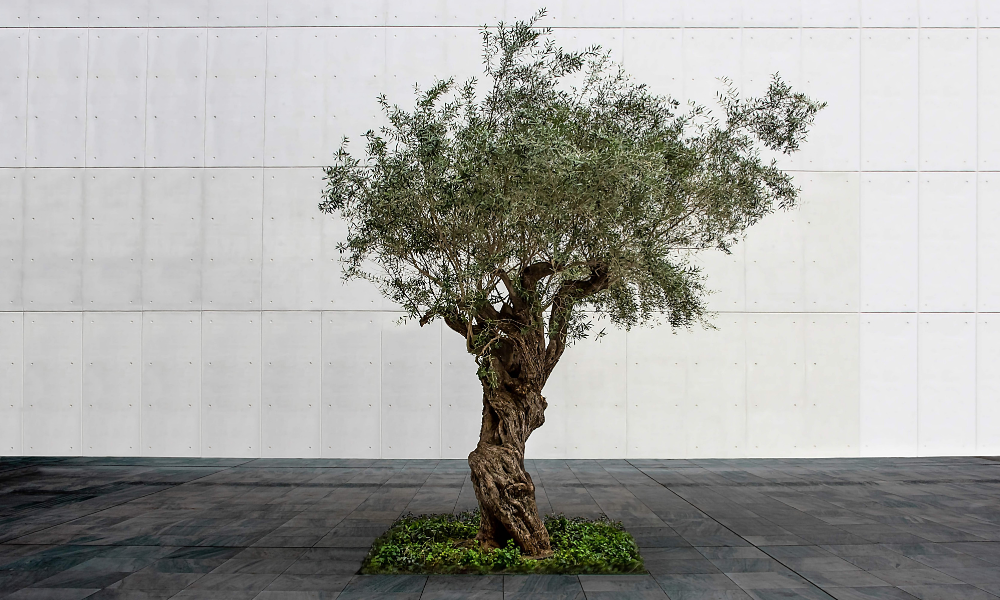
Do you have ideas about how we can make the transition to more sustainable practice? Are you involved in preservation projects that forefront social or cultural inclusiveness in decision-making? Or projects that reduce waste creation and/or are more efficient in their energy use of preservation environments? If so, we would love to hear from you!
The year 2020 has brought profound change. Not just the run-of the-mill incremental change of progress as new ideas, research and innovations ‘improve’ the way society functions year by year. Instead, it’s the once-in-a-lifetime, pull-back-the-curtain type of change that forces us to address issues and activities that have been sitting in our collective too-hard basket. From the social inequity highlighted by the impacts of COVID-19 through to the racial discrimination exposed through the Black Lives Matter movement and Fridays for Future and Global Climate Strike (now #ClimateStrikeOnline) demanding climate action, the last six months have felt like a pause, if not reset, button for Australian society and the global community at large.
During this time of uncertainty and reconfiguring of values and broader social aims, the arts, craft-making and culture-strengthening practices have proven their importance. Family history research and familial collection preservation activities grew over the lockdown period. The National Library of Australia set up ‘Family History for Dummies’ online tutorials, which were booked out within minutes, and searches across social media on the term ‘ancestry’ increased by almost 80% over the April and May period. Anecdotally, colleagues have told me that this period has also seen an increased demand for conservation services, with caring for photographs high on enquiry lists. More broadly, the physical closure of many collecting institutions has seen a steep rise in online content about cultural material, collections and conservation along with novel ways of both presenting and engaging with this content. From digital place-making apps, to general and professional webinars and #curatorbattle #creepiestobject, many have used the last few months to engage with collections in both deep and fun ways.
Yet the financial impacts of COVID-19 response will be felt for years to come. And whilst the renewed interest in family history, social identity and cultural material might be a positive outcome, the short-term and projected longer-term funding cuts across the education, arts and culture sector as well as ongoing demand for online access will see a ‘reconfiguration’ of how we perform our activities. What this reconfiguration looks like is unknown but many are expecting to do more with less. More online programming, more outreach, more content creation, more community engagement, more culturally sensitive practice, more efficient and sustainable practice with fewer resources, whether staffing or funding.
One way we can help members through these changes is via the AICCM wiki to act as a starting point to seek out general knowledge across a particular conservation issue and share relevant references and resources to adjust to new practices. The AICCM Sustainable Collections wiki has been developed to connect sustainable practices through the next few years. It draws on the knowledge, research and experience of AICCM members and the Australian conservation community, as well as linking to industry references and projects abroad, so that members have easy access to knowledge, research and local case studies to incorporate sustainable conservation practices in their day-to-day activities. It is hoped that it will be used as a starter guide to inform new projects, advocacy response and general discussions by providing a common site to share up-to-date information and case studies in each sustainability area.
Given the great conservation resources already online, the AICCM Sustainable Collections wiki highlights the strengths of the Australian conservation community in preventive conservation, student-led research, and cross-cultural conservation projects. It ties together the strong foundations of Australian conservation as well as emerging issues under the following themes:
- Sustainable Collections: Greening Conservation Practice
- Sustainable Collections: Resourcing Conservation Practice
- Sustainable Collections: Preservation Environments
- Sustainable Collections: Access and Engagement
- Sustainable Collections: Horizon Scanning
All AICCM members are invited to add their projects or case studies, critique or refine wiki content, or create content to fill in the multiple gaps that are currently on the site (especially sustainable collection environments and resourcing conservation). A big thank you too to those who have contributed to date to getting the wiki to this starting point.
If you are interested in contributing to or helping moderate the site, please contact Paul Coleman, AICCM Web Editor.
AICCM Sustainable Collections Committee